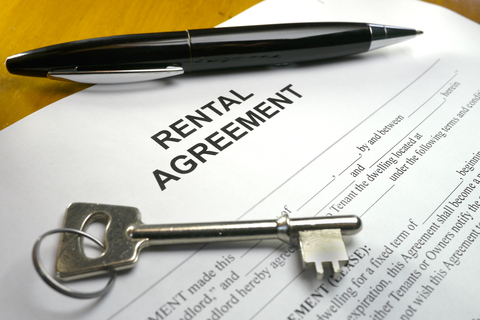Let’s be honest: Who doesn’t want a little more cash in their pockets? To have less stress when it comes to paying the bills? To be at a restaurant and not have to look at the price? These are just some of the reasons that more and more people are deciding to purchase a second property. This property is not a second home, but a property they rent out at a profit. If you are a new landlord, this article is your essential guide to renting out your property.
Research the best areas to buy.
First and foremost, you have to do your homework. Location is very important: most tenants are going to want to be near stores or transport stations such as city bus routes or train stations. Do some research, or talk to local agents to see what type of renters are in the area you are looking at (ie whether it attracts families, young professionals, etc).
Remember that you are not looking at property that suits your style of living, but that of your tenants. Getting an agent’s input as to other people’s ideas of living will give you better sense of areas to look in for property.
Choose the right mortgage.
Choosing the right property is important, but you also need to choose the right mortgage. Speaking with a mortgage adviser would be in your best interest since they can look into a broad range of choices. A mortgage adviser will more than likely have more advantages to offer than a local bank or your mortgage company. A company who tailors mortgages specifically for buy-to-rent would be ideal to look into. Check this site for more detail on mortgage advisers.
Make sure your property is safe.
There are exciting and rewarding aspects to becoming a landlord. But it comes with responsibility. You will be legally responsible to make sure the property is safe. Fire, health and safety regulations will have to be met and approved (for more details click here).
You must be registered as a landlord and have a full inventory list before letting tenants in. Getting the right people into your property can make or break you. Get the right people and being a landlord will be a dream, but getting the wrong people will only give you a great deal of sleepless nights. Always get references before you make a decision. Call those references and make sure they were dependable and responsible.
You will want tenants who are dependable in paying their monthly obligations (or however you have rental payments set-up). Should you decide to rent as fully furnished; have insurance on your property to cover theft and damage.
Becoming a landlord is not over-night wealth.
Becoming a landlord will not make you rich overnight. You will have to look at this as a long term investment. There are going to be demands that must be faced; interest rates, repairs to the property and slow appreciation of the property value. There will be tax advantages to keeping the property for at least 10 years, so it will be a good idea to hold on to it. If you are not planning to keep the property this long, make sure you have a plan in place for paying the mortgage.
Plan for the unexpected.
Finally, it is recommended you keep at least eight weeks’ worth of rent set aside. This set aside money will be to cover expenses that may come up, such as heater repairs, plumbing issues or any other property responsibilities the landlord is obligated to look after. You will also need funds to keep the property looking attractive. A clean, well-decorated and well-maintained property will bring in renters faster, and also let them know you value this property.
Keeping appliances up-to-date also makes a statement about the kind of landlord you are. If the renters see your respect towards the property, this will hopefully instil their respect for it as well.
Follow the advice in this article and your first experience as a landlord will bring nothing but joy, satisfaction and of course, money into your life!
Robert Brown is the Lettings Manager for the Balgores Romford Letting agent. Rob joined Balgores in 2011 and takes a keen interest in the lettings industry.
